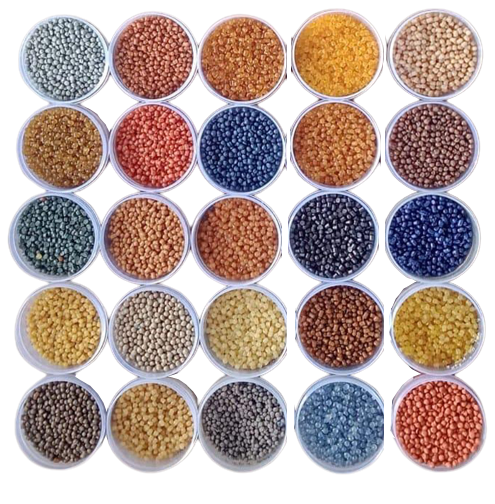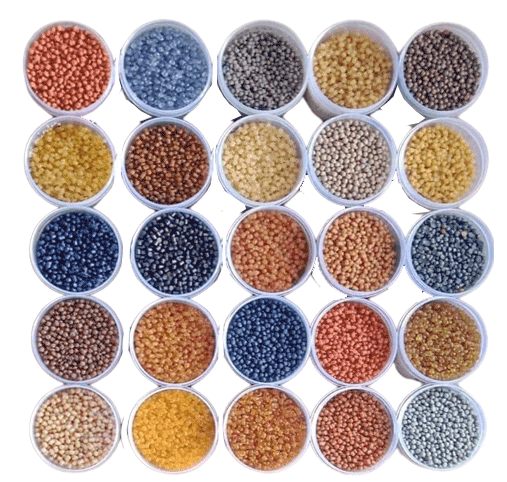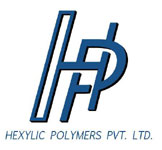Hexylic Polymers
ABOUT US
Hexylic Polymers Pvt. Ltd. was established in the year 2018 at Kanpur with a vision to continuously Research, Develop and Manufacture Hybrid Polymer Compounds.
WHAT WE DO
We are leading manufacturer of high performance Thermo Plastic Rubber [TPR] Compounds , EVA Compounds, PVC Compounds and Colour Masterbatches.
We specialize in Expanded/Foamed and Special Polymer Compounds.
Our ability to manufacture Tailor-Made Compounds distinguishes us from our competitors.
TIMELINE
In the year 2018, started manufacturing Thermo Plastic Rubber [TPR] Compounds for export-oriented units.
In the year 2019, started manufacturing EVA compounds for export-oriented units.
In the year 2020, started manufacturing very high quality Expanded/Foamed TPR Compounds.
In the year 2021, added another feather to its cap by adding Twin Screw Production Line and increased its annual TPR Production capacity to 750tonnes.
In the year 2022, started manufacturing Tailor-Made Master Batches for TPR, PVC, EVA, Rubber and TPU Compounds.
In the year 2023, started manufacturing hybrid Polymer Compounds of TPR, EVA and TPU.


